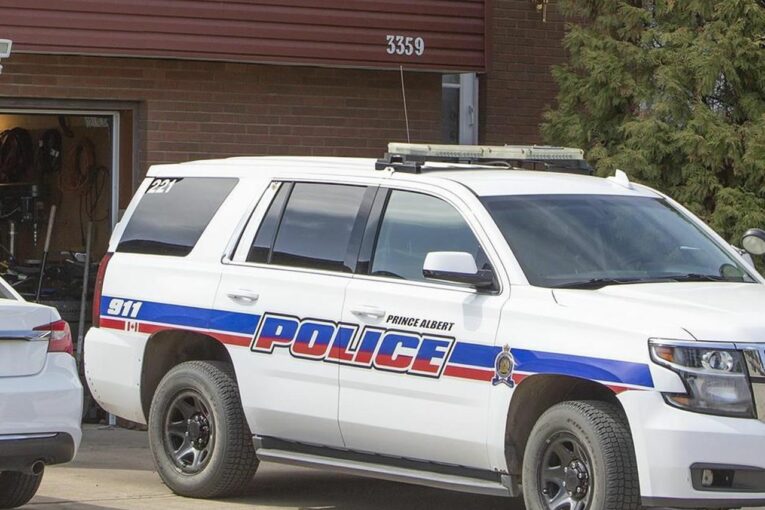
REGINA – Saskatchewan police continue to investigate themselves despite the government promising a civilian-led oversight body that was supposed to be running by the fall.
Police from other jurisdictions are leading investigations into three in-custody deaths involving the Prince Albert Police Service in the past month. An independent observer has been assigned by the Ministry of Justice.
Hongming Cheng, a professor of sociology and criminology at the University of Saskatchewan, says governments across the world are typically slow to bring in civilian-led models.
“They don’t want people or the public to have the impression that police are now being controlled by civilians, or being affected by outsiders,” Cheng said.
Saskatchewan is the only western province without an active civilian watchdog to investigate police action or inaction that may have led to death or serious injury.
Having other police forces investigate the Prince Albert in-custody deaths “is of no use” to the public because of the subculture that exists within policing, he said.
“They will help each other because they will have sympathy for each other,” said Cheng, who suggested the approach is unfair and biased.
Vice-chief Dutch Lerat of the Federation of Sovereign Indian Nations says more transparency is needed around the in-custody deaths, which he said involved three Indigenous people.
“This is certainly an emergency that needs to be addressed immediately because our people have lost confidence in the service,” Lerat said.
He, too, is concerned that police investigating police is an approach that lacks public scrutiny.
“We look forward to when there will be a civilian oversight committee here in the province.”
Justice Minister Gord Wyant said Saskatchewan’s Serious Incident Response Team will be active soon. He was unable to provide a timeline.
“It’s important we have the right investigators in place, with right credentials and the right experience to do them. They’re very complex investigations,” Wyant said.
The agency will have the authority to investigate on its own, but the province is looking to start up with two investigators who are retired police officers.
Cheng said Saskatchewan’s oversight body won’t be that independent and not that powerful.
“They don’t want a civilian body to do too much because, as a government, they don’t trust civilian-led models. They think civilians don’t have the skills to know about police matters, but that’s not true,” Cheng said.
He said a civilian-led agency should ideally include members of different races, gender and classes and with different expertise, including former police officers who would serve a secondary role.
“If we don’t have any voice … it will definitely hurt civil society because we don’t feel safe,” Cheng said.
“It also affects social trust. That’s even more severe, because in a healthy society we trust each other and we trust the main agencies who are serving us. And if the police don’t like civilians to help them improve, then that will be totally detrimental.”
For Lerat, that trust has already eroded.
“What’s happening in Prince Albert, we are very suspicious about the reporting, and we’re very concerned,” he said.
“We want to ensure there’s a timely process, and we haven’t gotten that yet … as the FSIN or as the families who navigate that process (trying) to find out what happened to their loved ones, and why did they have to die in police custody?”
This report by The Canadian Press was first published Nov. 16, 2021.
You can read more of the news on source



